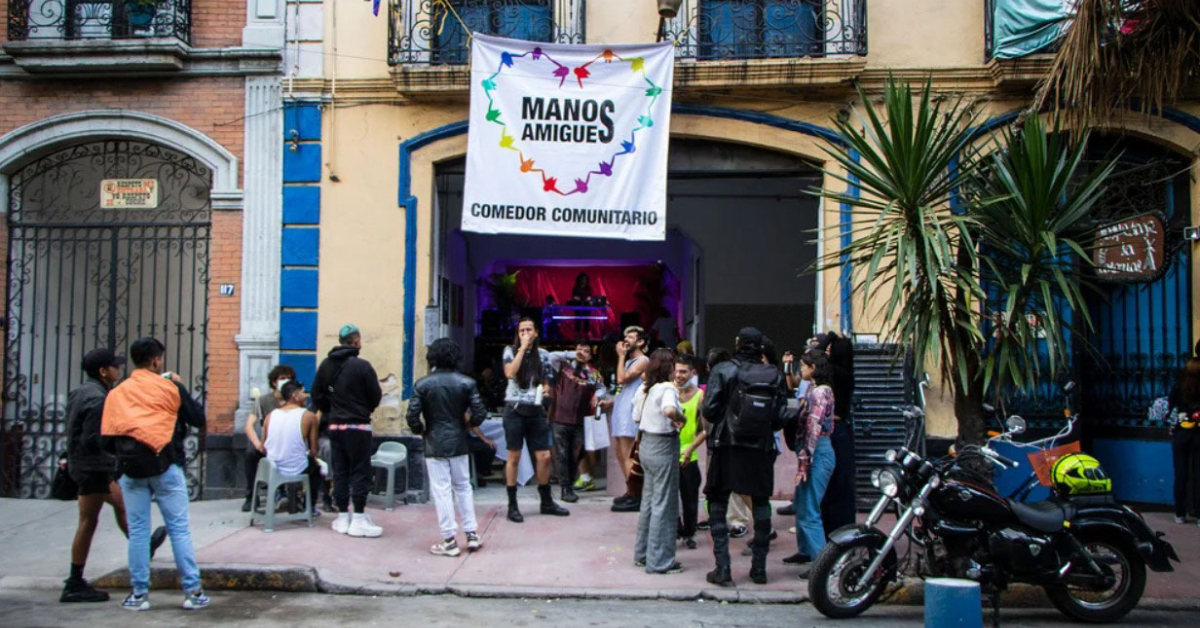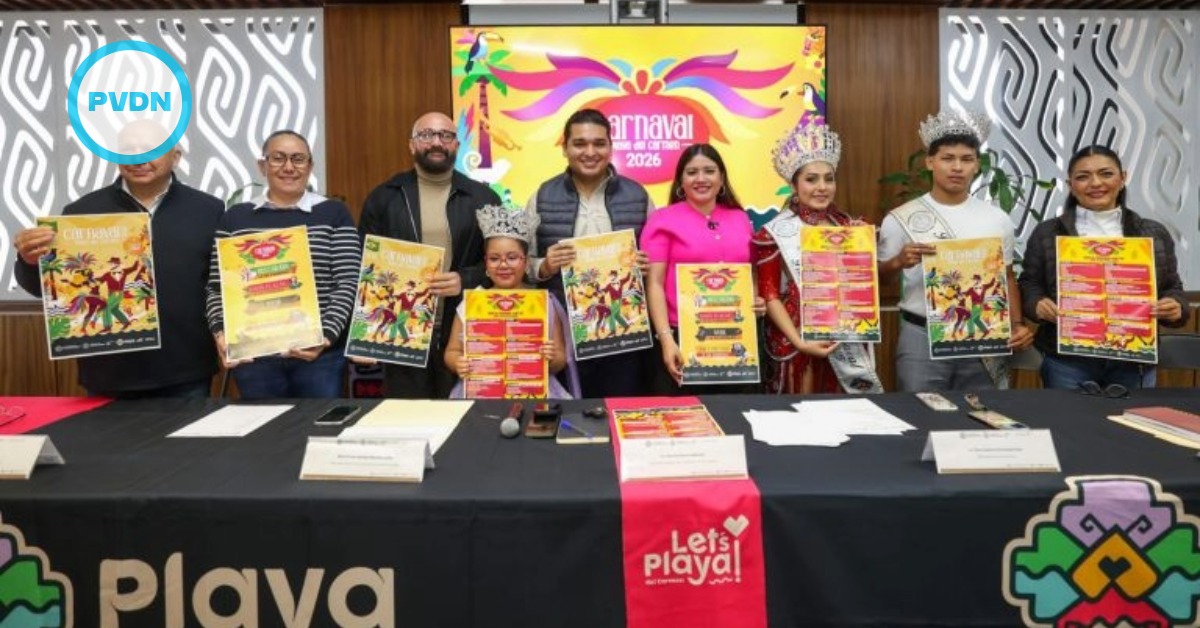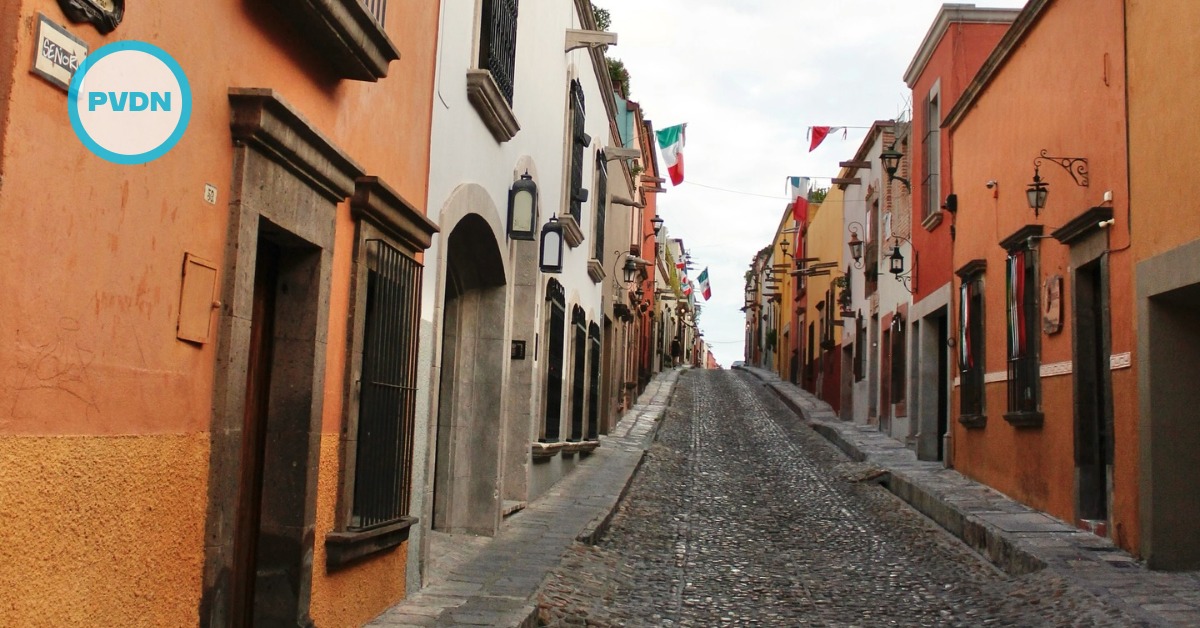A napkin can eloquently stage homophobia in certain parts of the world. When Brent Alberghini from New York, 45 years old, worked in a community center in Mexico where food was given to impoverished people, he gave two napkins to an "effeminate" looking boy who needed them to use in a public bathroom. The head of the dining room told Brent that he couldn't give them to him because they didn't even have the resources for that. "You gave it to him because he's gay, right?" She angrily reproached him. "What are you talking about," he . . .






